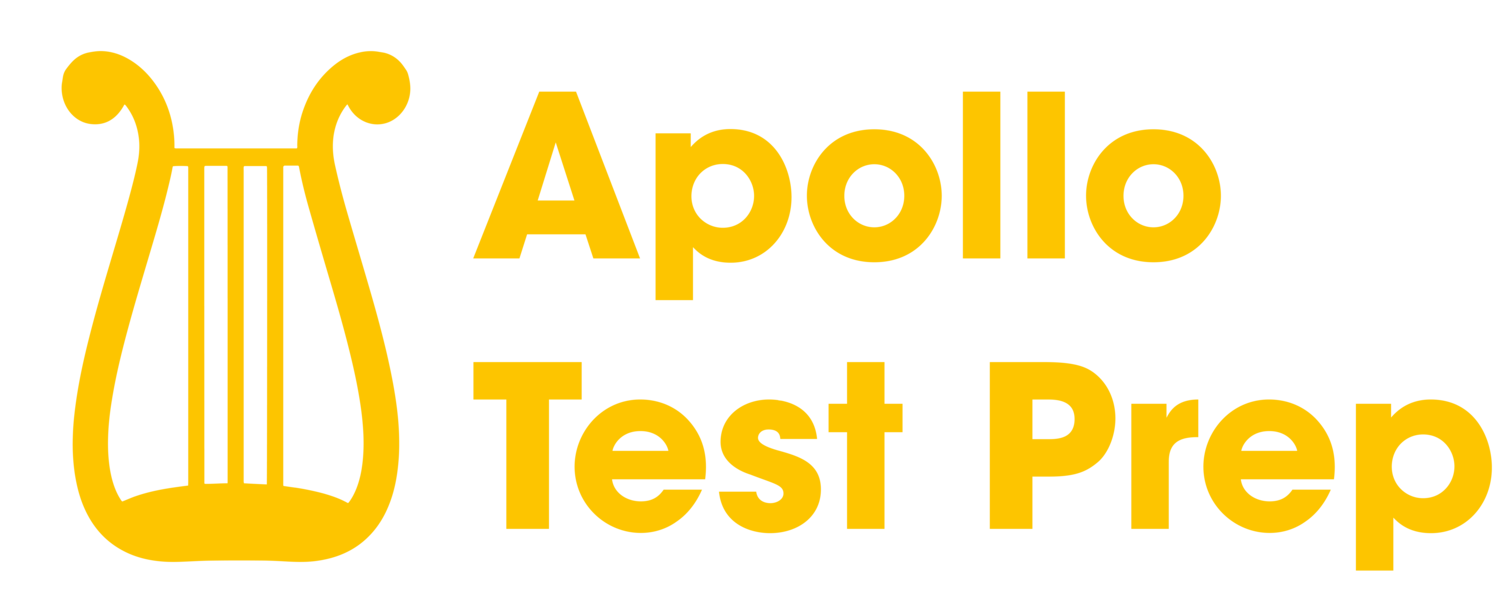LSAT Explanation PT 35, S4, Q19: Several critics have claimed that any
LSAT Question Stem
The conclusion drawn above follows logically if which one of the following is assumed?
Logical Reasoning Question Type
This is a Sufficient Assumption question.
Correct Answer
The correct answer to this question is C.
LSAT Question Complete Explanation
Let's first analyze the argument in the passage. The passage states that several critics claim that any contemporary poet who writes formal poetry (rhymed and metered) is performing a politically conservative act. The author refutes this claim by providing examples of Molly Peacock and Marilyn Hacker, two contemporary poets who write formal poetry and are politically progressive feminists. The author concludes that the claim is plainly false.
In the argument, the critics' claim is a premise, and the author's counterexample is another premise. The conclusion is that the critics' claim is false.
To make this more understandable, let's use a simple example. Imagine if someone claimed that all people who wear glasses are nerds. The author could counter this by providing examples of people who wear glasses but are not nerds, thus proving the claim false.
Now, let's come up with an "Evaluate" question about the argument. A good question would be, "Can someone who is politically progressive perform a politically conservative act?"
The question type of this problem is Sufficient Assumption, which means we need to find an answer choice that, if assumed, would make the conclusion follow logically.
Let's discuss the answer choices:
a) No one who is a feminist is also politically conservative.
- This answer choice focuses on the fact that the poets are feminists, but the argument is about their political progressiveness. Even if this statement were true, it doesn't address whether a politically progressive person can perform a politically conservative act. So it doesn't help us prove the conclusion.
b) No poet who writes unrhymed or unmetered poetry is politically conservative.
- This answer choice is out of scope since we are concerned with poets who write formal (rhymed and metered) poetry, specifically Molly Peacock and Marilyn Hacker. It doesn't help us prove the conclusion.
c) No one who is politically progressive is capable of performing a politically conservative act.
- This answer choice fills the gap in the argument. If someone is politically progressive, they are incapable of performing a politically conservative act. Since Molly Peacock and Marilyn Hacker are politically progressive, their formal poetry cannot be a politically conservative act. This answer choice supports the conclusion, making it the correct answer.
d) Anyone who sometimes writes poetry that is not politically conservative never writes poetry that is politically conservative.
- This answer choice doesn't help us prove the conclusion because it doesn't address the relationship between being politically progressive and performing politically conservative acts. It also doesn't specifically address the poets mentioned in the passage.
e) The content of a poet's work, not the work's form, is the most decisive factor in determining what political consequences, if any, the work will have.
- This answer choice is out of scope because we are not concerned with the political consequences of a work. We are concerned with whether writing formal poetry constitutes a politically conservative act. This answer choice doesn't help us prove the conclusion.
In summary, the correct answer is C because it fills the gap in the argument and supports the conclusion that writing formal poetry is not necessarily a politically conservative act.
